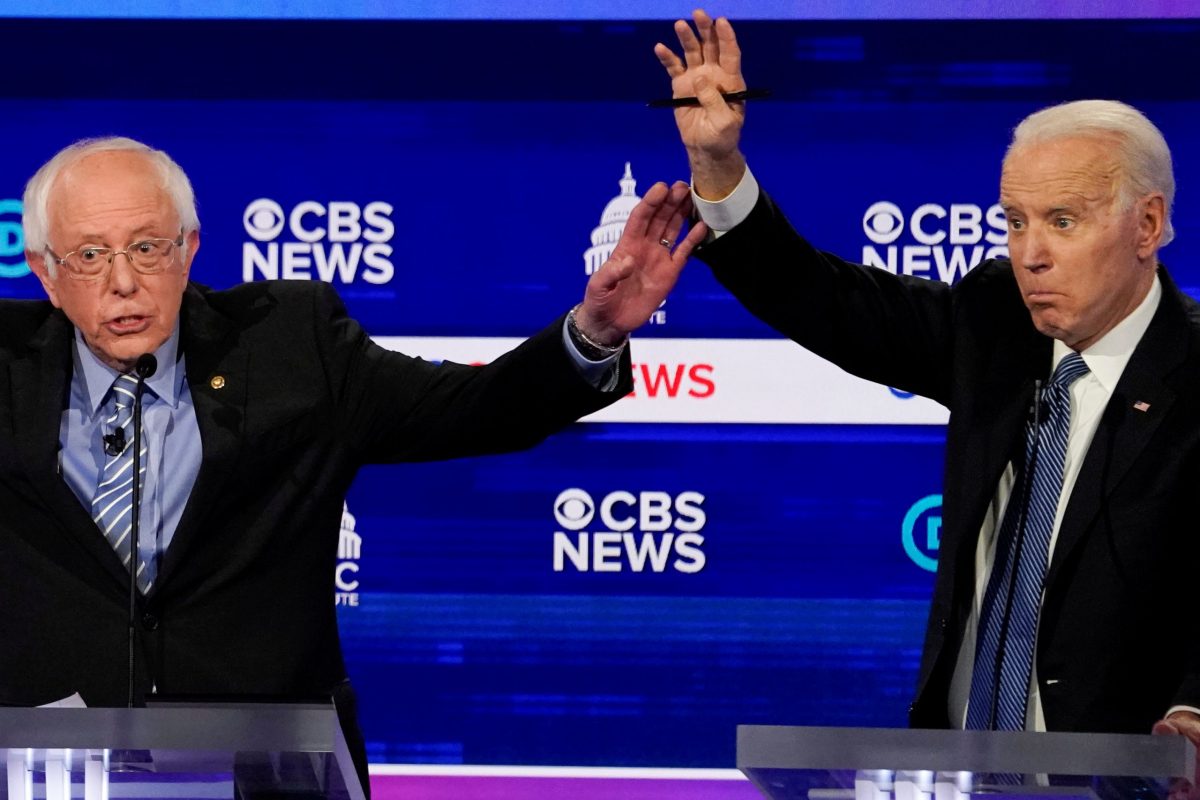The April 28 presidential primary has been pushed back to June 23 due to the coronavirus epidemic, Governor Andrew Cuomo announced Saturday.
“I don’t think it’s wise to bring people to one location to vote” in late April, Cuomo said. He cited the potential risk of new coronavirus infections with large numbers of people going to the polls and sharing pens and polling booths while casting their ballots.
The primary — with the main contest being the Democratic party race between former Vice President Joe Biden and Vermont Senator Bernie Sanders — will now coincide with state legislative and Congressional primaries set for June 23.
As it happens, Cuomo said, that’s what he preferred all along. Long before the outbreak happened, he had called upon the state legislature to pass legislation holding all of the primaries on a single day — but it never materialized.
It’s not clear how this will impact the Democratic nomination contest. As of this moment, Biden has a solid delegate lead over Sanders; the former vice president has 1,217 while the senator has 914. The first candidate to 1,991 delegates will win the nomination outright.
Meanwhile, Cuomo also announced Saturday that the state has moved its tax filing deadline to July 15, which coincides with the new federal tax filing date. That gives self-isolated residents and businesses more time to file their taxes, but it comes at a heavy cost for state government; Cuomo said the state would lose additional tax revenue as a result of the change.



































